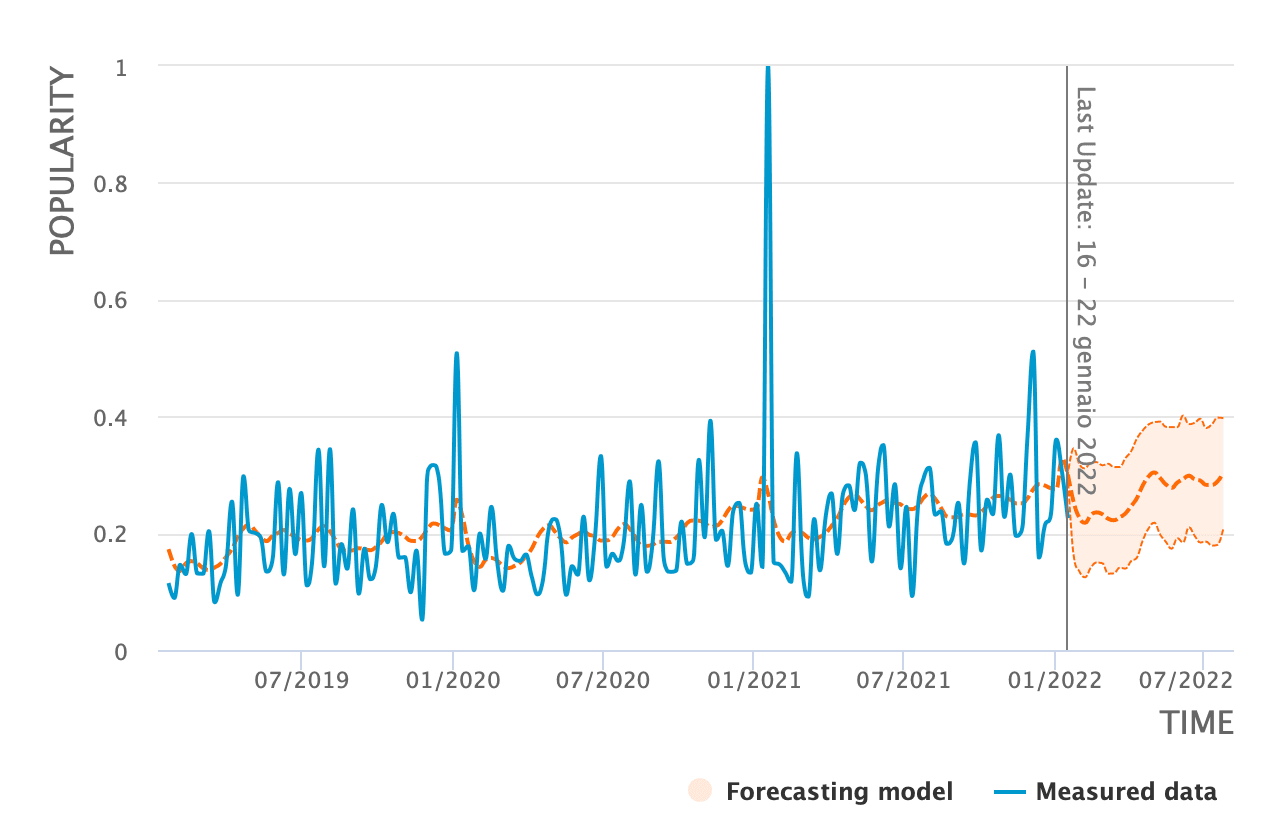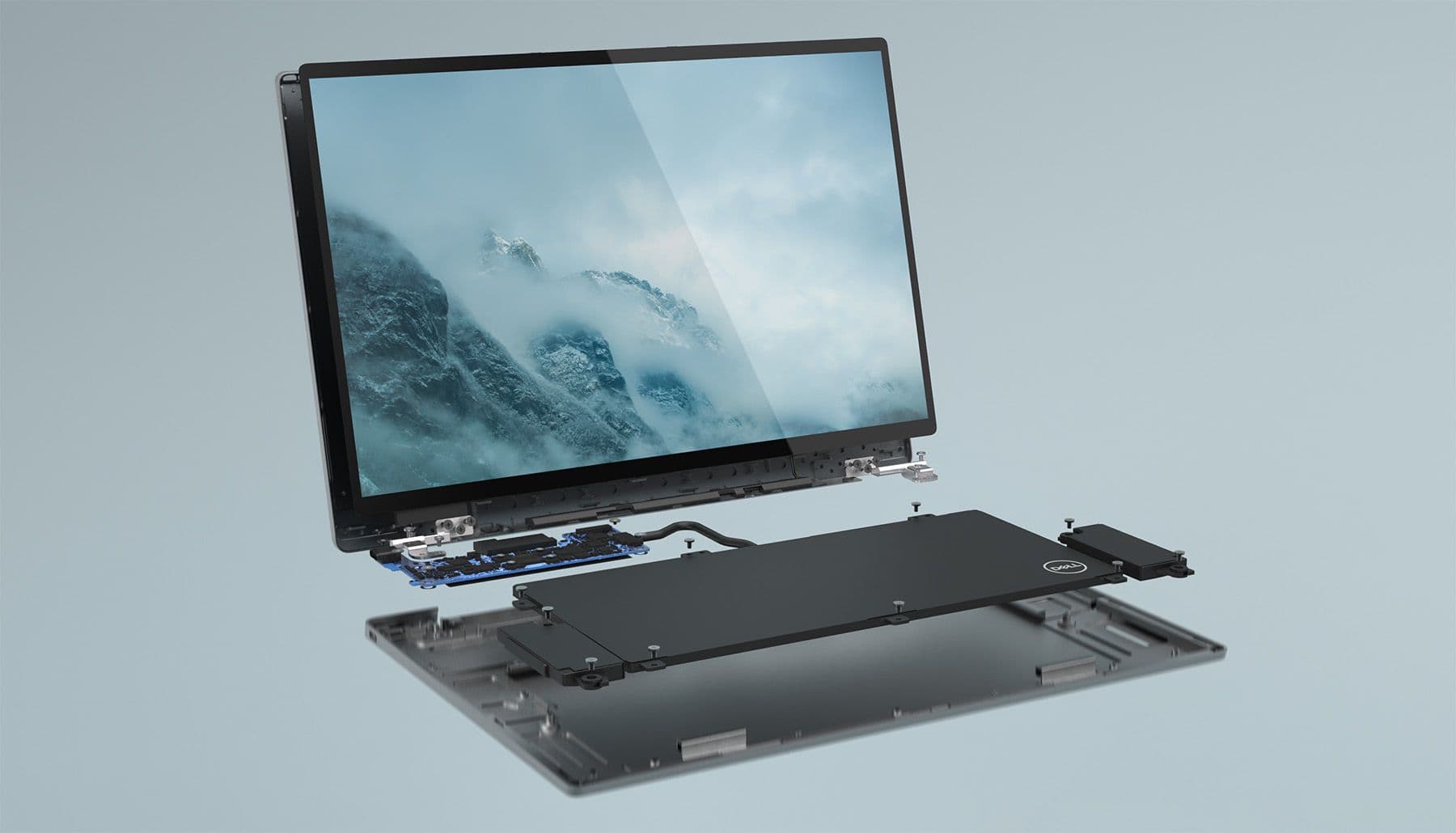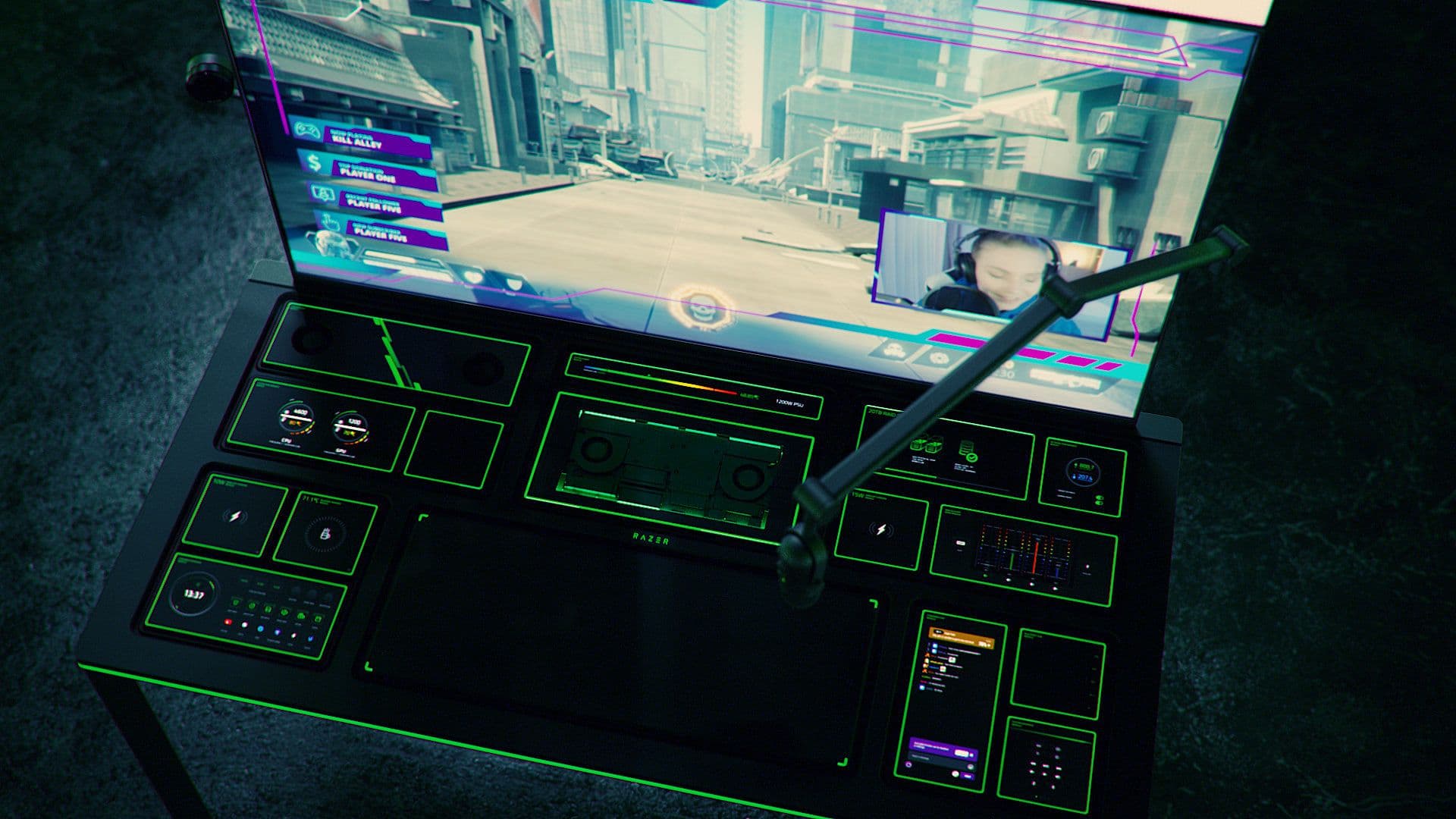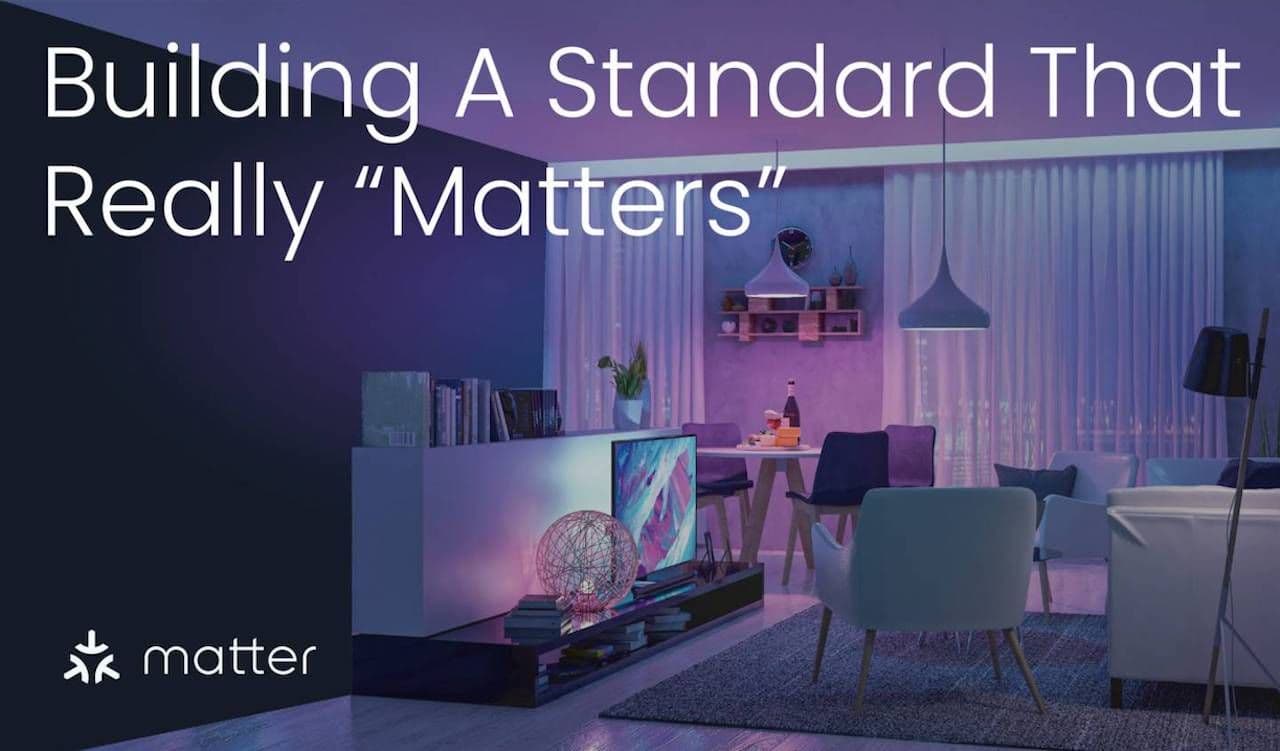Modular Design’s Place Atop the Tech Landscape
TECHNOLOGY
Consumers are being empowered through modular design, customizable configurations, and cross-platform integration to make increasingly granular choices and personalized configurations in their personal Tech ecosystems

With every passing year, the Tech industry finds new ways to grow and become deeper entrenched and connected to our everyday lives. Especially recently as we’ve relied more and more on digital systems for everything from healthcare to entertainment to learning, the landscape is shifting and evolving at a meteoric rate. With CES 2022 in the rearview, now is a great time to take a moment to survey the Tech landscape and see what’s making noise. Amid plenty of talk and excitement surrounding electric vehicles and the ever-expanding metaverse, we’ve seen some specific trends related to technological design sweeping across the industry.
One such concept is modular design, wherein a product is composed by any number of independent, customizable modules that can easily join together as one. Decidedly, this paradigm is based on many of the principles permeating through consumers’ lives right now: flexibility, hybridity, customization. And the industry is clearly taking note of this timeliness; our AI shows “Modular” and “Customizable” in the Tech industry have grown +31% and +60% year over year.

“Modular” in the Technology industry has grown +31% year over year.
Fortuitously, this very idea of flexibility underscores a unique quality of this design concept. Seen through several projects in the last few months, modular designs in the Tech industry are able to traffic in different key values and functions and reveal solutions rooted in flexible, customizable, and cross-functional design.
How Brands are responding
Modular design is often cited as a fertile opportunity to explore more sustainable visions of Tech by supporting ecofriendly ideas like recycling and right-to-repair (+93% and +49% YOY in Technology, respectively). Consider Dell’s recent project,Concept Luna, a sustainable proof-of-concept laptop. Beyond leveraging sustainable materials in the individual components and reworking the layout to optimize energy expenditure, the project provides “a future vision of reuse, repair and recreating.” Dell reduced the number of screws needed to access the laptops internals all the way down to four and designed the keyboard, palmrest, and even some internal components to be easy to remove, repair, and reuse.

Luna is the modular concept laptop of dreams according to Dell
Image Credit: Dell
On a more consumer-enabled level, modular designs allow brands to support users increasing need for flexible systems and interfaces (“Flexible” in Tech has grown +37% over the last 18 months). In thinking about the numerous functions our computers serve in our lives, gaming tech company Razer’s Project Sophiaprototype offers a unique solution, a tech-enabled modular PC desk. Designed with 13 different swappable modules (temperature readouts, touchscreen app launchers, dedicated chat displays, wireless Qi chargers, a mug heater, audio mixers, etc.), the desk would allow users to customize the workspace to their specific needs and use cases from streaming to editing to gaming and more.

The World's first modular gaming desk concept.
Image Credit: Razer
In a slightly different vein, designs that can exist as part of a larger whole allow brands to collaborate in more meaningful and expanded ways. As our environments become populated by more and more technological systems, finding ways to seamlessly modify and configure components in these ecosystems will be crucial. A noisemaker at this year’s CES, Matter is an open-source smart home standard seeking to unify a wide range of smart home solutions from a number of brands (220+ including Amazon, Google, and Apple). As interconnectedness and integration become priorities in the home (+48% and +21% YOY in Home&Interiors), Matter essentially promises to make the home itself into a modular system.

The Foundation for Connected Things
Credit: Matter
Creative Control
Ultimately, although all these solutions exist in different arenas and are guided by different principles, they are bound by a common thread. Consumer empowerment is becoming central to the Tech industry’s success and these modular solutions that emphasize user’s power to choose, customize, and take control are thriving under that umbrella.
As consumers become more scrutinizing amid the endless stream of technological choices before them, the best solution might be to support modular products, systems, and services that afford them full creative and functional control over the individual granular components at the core of their digital experiences.
Trend lines, data, and information described in this article emerge from the ongoing analysis performed by Nextatlas on its global observation pool made of innovators, early adopters, industry insiders expressing their views on Twitter, Instagram, and Reddit.
To learn more about our AI, discover Nextatlas Methodology here
Related articles:
Italy
Torino - Via Stampatori 4, 10122(Operational headquarter)+39 011/0864065VAT number and registration number at the Registro delle Imprese di Cagliari: 03428550929 paid share capital € 167.740,00 — © 2024 iCoolhunt SpA.




